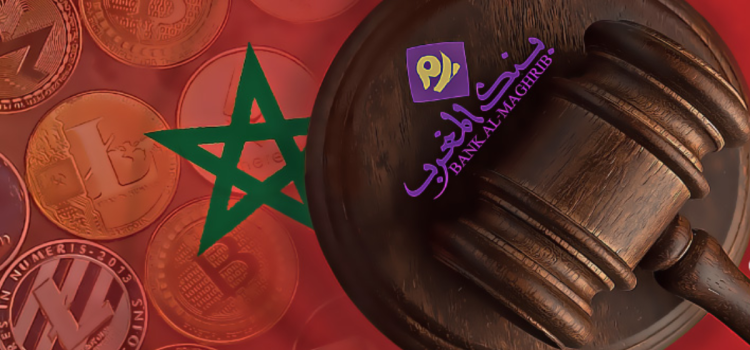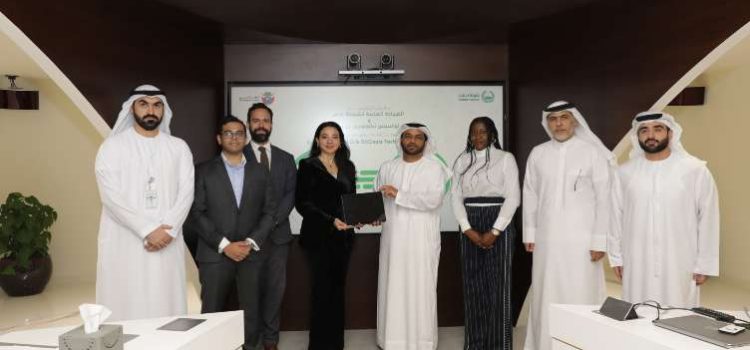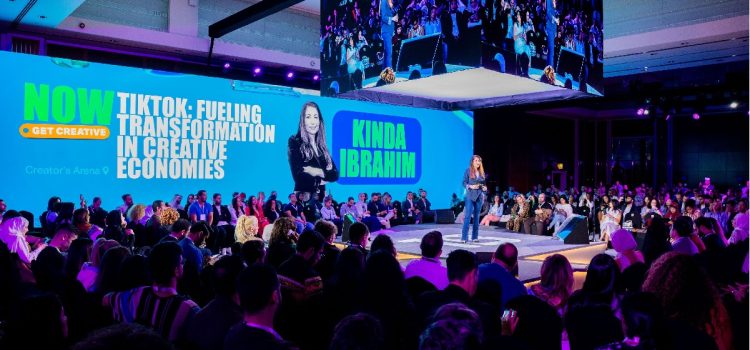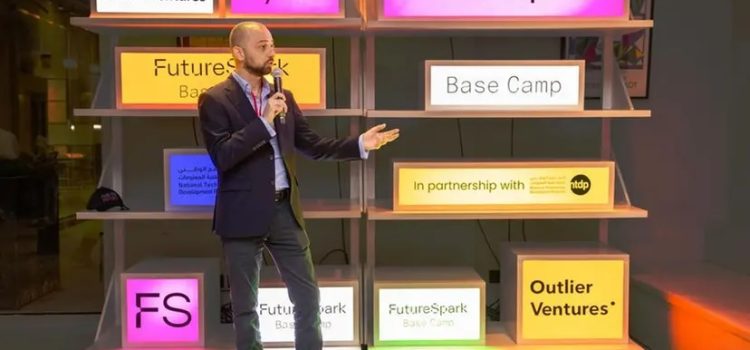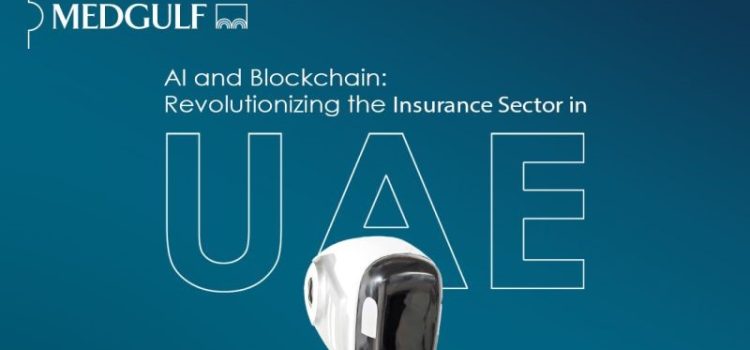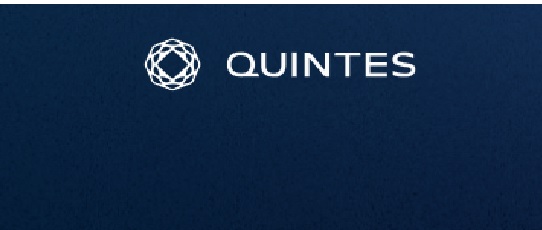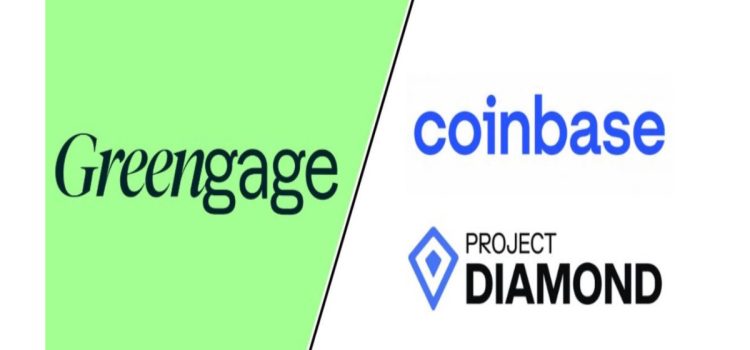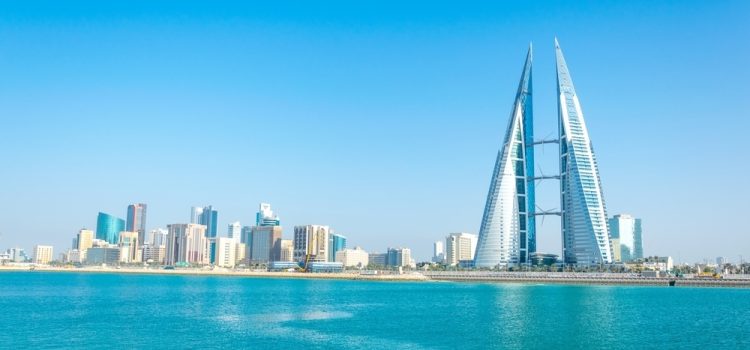The 1 Billion Followers Summit, the world’s first and largest content-focused event, has partnered with UAE Shorooq a venture capitalist firm to contributed 30 million AED ($8 million) to the AED 50 million equivalent to $13.6 million in funding for the groundbreaking 1 Billion Pitches competition.
This unique competition offers startups and individuals with innovative content-focused ideas the opportunity to pitch to a panel of leading investors and companies, securing potential funding and support.
Shorooq, a leading alternative investment firm based in Abu Dhabi and regulated by the FSRA, will contribute AED 30 million ($8 million) in funding and direct investments, while the 1 Billion Followers Summit will contribute AED 20 million.
Twenty-five startups and individuals have been shortlisted for the competition’s pre-final round. Ten finalists will then compete for first and second place, receiving funding and support for their winning ideas.
The winners will be announced on the closing day of the 1 Billion Followers Summit’s third edition, hosted by the New Media Academy in Dubai from 11th to 13th January, under the theme “Content for Good.”
A jury of experts, prominent investors, and companies selected the top 25 applications based on criteria including feasibility, pitch quality, market potential, creativity, scalability, potential social and economic impact, and leadership capabilities.
Shorooq’s contribution will support participating startups and individuals who made it to the finals of the 1 Billion Pitches competition. This contribution comprises two components: direct investment and funding through in-kind services. The majority of this contribution will be allocated as direct investment in one or more finalists, depending on Shorooq’s due diligence.
In-kind services will cover essential technical resources that will add value to the winning projects, such as cloud credits.
Mahmoud Adi, Founding Partner, Shorooq, said, “We are honoured to partner with the 1 Billion Followers Summit, the world’s largest event of its kind, known for its contribution to fostering a supportive ecosystem for creative industries. We are confident this partnership will deliver funding and investment solutions that empower content creators and enhance their capabilities.”
He added, “Our collaboration with the 1 Billion Pitches competition demonstrates our commitment to driving innovation in the technology, digital, and entertainment content industries. By providing financial support to startups and individuals, we aim to foster the creation of impactful content that benefits communities.”
Alia AlHammadi, CEO of the New Media Academy, said, “The third edition of the 1 Billion Followers Summit will attract numerous creatives seeking funding and investment to transform their ideas into businesses. Our partnership with Shorooq underscores our commitment to fostering knowledge and advancing the Summit’s goals. We aim to promote the role of digital content and new media, transforming impactful content creation and the use of social media tools.”
“The 1 Billion Pitches competition aims to support creatives, startups, and content creators, motivating them to develop innovative ideas that will transform the content industry and drive the knowledge-based economy,” she added.
With a focus on fintech, software, deep tech and platforms, Shorooq’s portfolio boasts over 80 companies across 11 countries, generating over US $500 million in revenue. Some notable examples include Pure Harvest, a sustainable agriculture company growing fresh produce year-round in the Middle East; Tamara, a Buy-Now-Pay-Later platform operating in Saudi Arabia; TruKKer, a tech-driven logistics solutions provider in the Middle East; Lendo, a P2P SME lending platform for SME companies in Saudi Arabia; Mozn, an AI-powered financial solutions provider; NymCard, a digital issuer processor in the payment solutions space; Sarwa, a wealth management and trading platform; Breadfast, an online grocery platform and Prypco, a real estate ecosystem simplifying property transactions.
Projects submitted to the 1 Billion Pitches competition primarily focused on education, advanced technology and innovation, women’s empowerment, creativity, community development, literature, entrepreneurship, healthcare, social media, and creative content.
Shortlisted applicants include Bump (USA), a fintech platform empowering creators to build wealth through enterprise partnerships and creator collaboration; Atlaseek (UAE), a platform connecting travel creators, unique destinations, and travelers; Trugetherness (Singapore), a tech platform leveraging creative content to empower social causes and drive sustainable impact through collaboration between individuals, creators, and brands; Ad-Shield (South Korea), a next-generation solution helping publishers recover revenue lost to ad blockers; and SoSquared (UK): A data-driven marketplace streamlining influencer and content marketing campaigns for businesses, maximising ROI.
The list of top projects selected for the next round includes the Arabic Archive Project (Egypt), aiming to digitise millions of historical press clippings to expand access to Arabic content on local and international issues; Hubee (Brazil), a design subscription platform providing growing brands and content creators with on-demand access to personalized design services and talent; PenSell (UAE), a platform revolutionizing content creation through AI-driven talent matching, blockchain-secured intellectual property, and streamlined collaboration tools and Division (UAE), which connects brands with gamers and streamers through targeted branding streams, in-game advertising, and immersive experiences.
Other shortlisted projects include HelloCreator (USA), an AI-powered SaaS platform providing creators with personalized insights and practical guidance; Eugenius (South Korea), which aims to produce TV shows including a documentary, a variety show, TV series remakes, and K-Pop music academy; Halo AI (UAE), a platform leveraging AI to connect brands with ideal creators for collaborations, streamlining the influencer marketing process; and EPL World (UAE), a platform connecting Arab fans with English Premier League content and marketing opportunities
The list also includes Shooty (UAE), an e-commerce and creative SaaS platform streamlining product cataloging, social media content creation, and delivery through cloud-based software; Ta Marboota (UAE), podcast and media platform aiming to create a safe and supporting network for Arab women; Unreel Network (UK), a collaborative collective of social media channels and creators promoting positive change through action sports and adventure travel; Voral Media (UAE), a platform empowering creators to produce authentic video reviews, fostering trust between brands and audiences; Lobster Money (UK), a fintech platform providing financial tools and credit solutions for the creator economy; Livelogue (UK), a platform accelerating the creator economy in the MEA region by offering streamlined monetization, instant cart and payment solutions; Verix (India), a blockchain and AI-powered platform for authentication and verification in the age of AI and ReadCoin (UAE), platform tokenizing literary content via blockchain, empowering readers, authors and creators of written content.
Other startups that made it to the next round include The Middle Frame (Jordan), building the first Arab image generator; Majarah (UAE), which is a dynamic startup in the media industry, specializing in content creation, production, and social media management; Stashem (USA), a trading app designed for influencers who can convert their influence into tradable shares and Tubelator (Pakistan), a Chrome extension designed specifically for YouTube, allowing users various features including converting videos to text, adding dubs and AI-created summaries.









